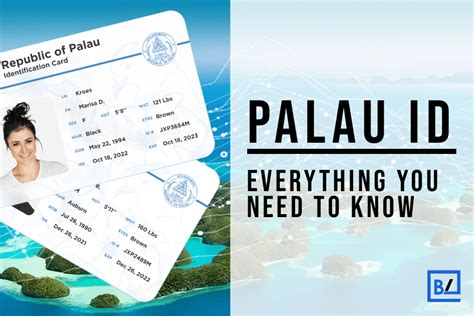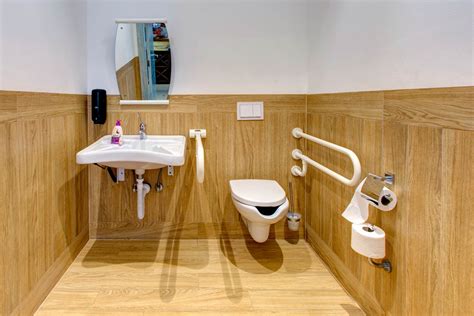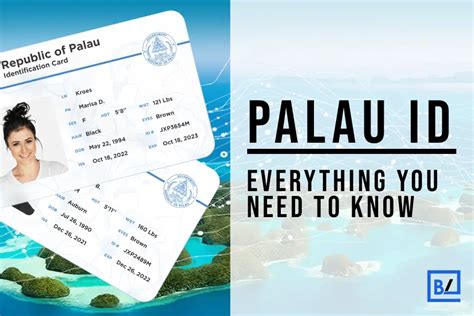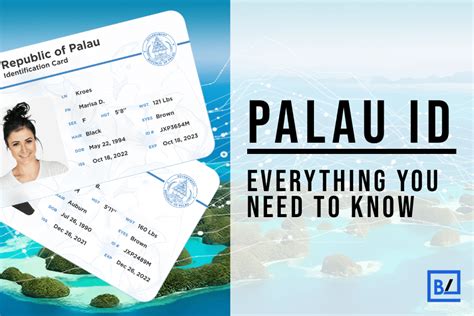Introduction
According to the World Health Organization (2011), over 1 billion people worldwide have some form of disability. This number is expected to increase as the population ages. As a result, there is a growing need for accommodations for people with disabilities in all areas of life, including education, employment, transportation, and housing.

What are accommodations?
Accommodations are changes or modifications to the environment or to policies and practices that allow people with disabilities to participate fully in society. Accommodations can be simple or complex, and they can be temporary or permanent.
Types of accommodations
There are many different types of accommodations that can be made for people with disabilities. Some common types of accommodations include:
- Physical accommodations: These accommodations make it easier for people with physical disabilities to access and use buildings, transportation, and other public spaces. Examples of physical accommodations include ramps, elevators, accessible parking spaces, and assistive technology.
- Sensory accommodations: These accommodations make it easier for people with sensory disabilities to perceive and interact with their environment. Examples of sensory accommodations include sign language interpreters, closed captioning, and tactile maps.
- Cognitive accommodations: These accommodations make it easier for people with cognitive disabilities to understand and process information. Examples of cognitive accommodations include extended time on tests, breaks during lectures, and visual aids.
- Social accommodations: These accommodations make it easier for people with social disabilities to interact with others. Examples of social accommodations include peer support groups, social skills training, and mentorships.
Benefits of accommodations
Accommodations can provide a number of benefits for people with disabilities. These benefits include:
- Increased access to education, employment, transportation, and housing
- Improved quality of life
- Greater independence
- Reduced stigma and discrimination
How to request accommodations
If you have a disability and you need accommodations, you can request them from your employer, school, or other service provider. You can also contact a disability rights organization for assistance.
Tips for requesting accommodations
Here are a few tips for requesting accommodations:
- Be specific about your needs.
- Provide documentation of your disability.
- Be prepared to discuss how the accommodations will help you.
- Be persistent.
FAQs
Here are a few frequently asked questions about accommodations for people with disabilities:
- What is the Americans with Disabilities Act (ADA)? The ADA is a federal law that prohibits discrimination against people with disabilities in employment, housing, public accommodations, transportation, and state and local government services.
- What are my rights under the ADA? Under the ADA, you have the right to request reasonable accommodations from your employer, school, or other service provider.
- How do I file a complaint if I have been discriminated against? You can file a complaint with the U.S. Equal Employment Opportunity Commission (EEOC), the U.S. Department of Housing and Urban Development (HUD), or the U.S. Department of Justice (DOJ).
Conclusion
Accommodations for people with disabilities are essential for ensuring that people with disabilities have the same opportunities as everyone else. If you have a disability, you should not be afraid to request accommodations. With the right accommodations, you can achieve anything you set your mind to.
Tables
Table 1: Prevalence of Disability Worldwide
| Region | Prevalence |
|---|---|
| Africa | 15% |
| Americas | 12% |
| Asia | 11% |
| Europe | 10% |
| Oceania | 9% |
Table 2: Types of Accommodations
| Type of Accommodation | Description |
|---|---|
| Physical | Makes it easier for people with physical disabilities to access and use buildings, transportation, and other public spaces |
| Sensory | Makes it easier for people with sensory disabilities to perceive and interact with their environment |
| Cognitive | Makes it easier for people with cognitive disabilities to understand and process information |
| Social | Makes it easier for people with social disabilities to interact with others |
Table 3: Benefits of Accommodations
| Benefit | Description |
|---|---|
| Increased access to education, employment, transportation, and housing | Accommodations can help people with disabilities participate fully in society |
| Improved quality of life | Accommodations can make it easier for people with disabilities to live independently and enjoy a full life |
| Greater independence | Accommodations can help people with disabilities live independently and make their own decisions |
| Reduced stigma and discrimination | Accommodations can help to reduce the stigma and discrimination that people with disabilities often face |
Table 4: Tips for Requesting Accommodations
| Tip | Description |
|---|---|
| Be specific about your needs | Let your employer, school, or other service provider know exactly what accommodations you need |
| Provide documentation of your disability | This could include a letter from your doctor or a diagnosis from a qualified professional |
| Be prepared to discuss how the accommodations will help you | Explain how the accommodations will make it easier for you to participate fully in the program or activity |
| Be persistent | Don’t give up if you don’t get the accommodations you need right away. Keep asking and advocating for yourself |



